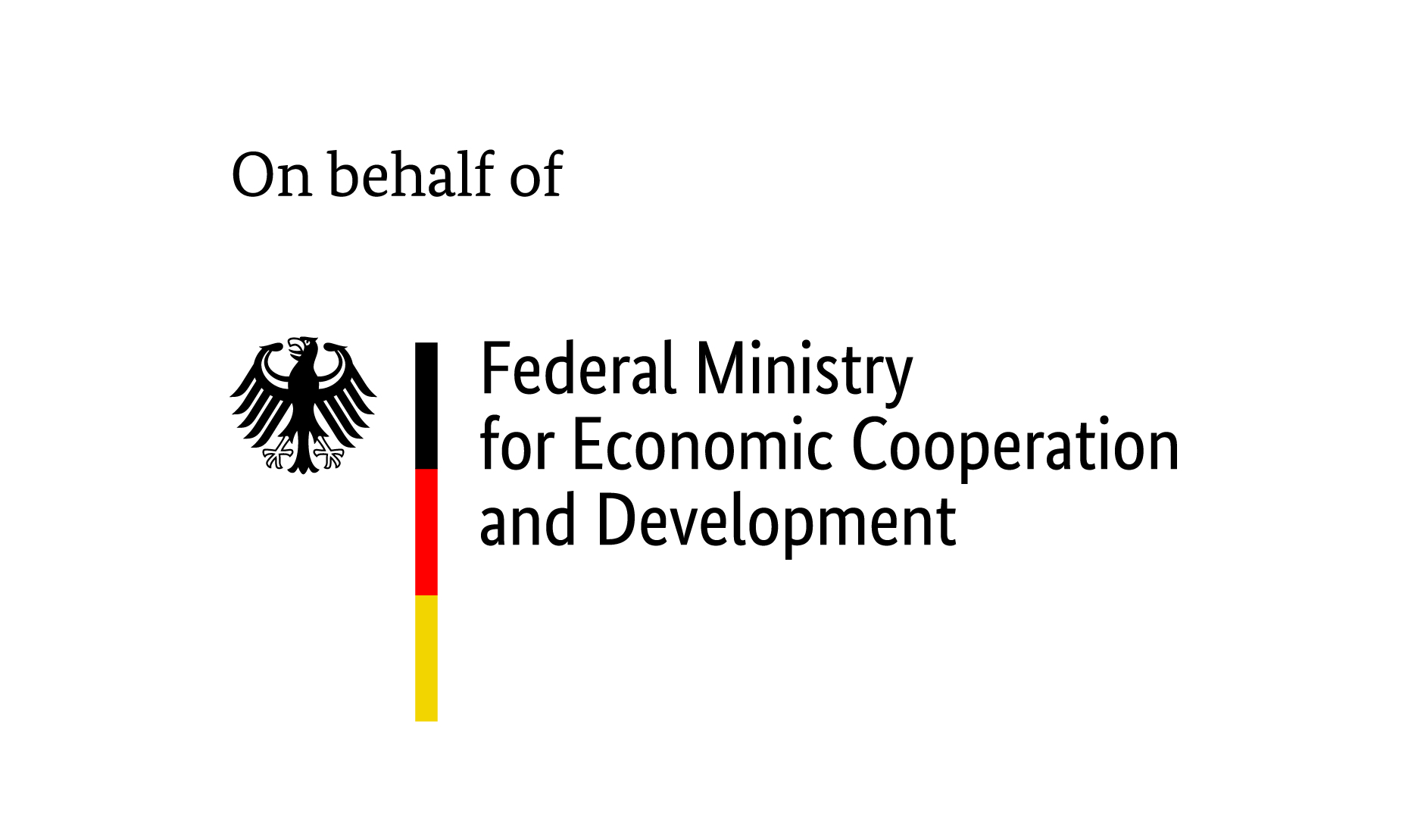
This VoxDevLit summarises economic research on weather and adaptation to climate change in developing countries. First, it documents the effects of climate change and extreme events on economic outcomes. Climate change and weather shocks negatively impact households, firms, and countries across a range of important outcomes such as income and mortality. These effects are usually quite large, and can transmit across space via supply relationships or migration, and persist across time, including in some instances for decades. Next, it reviews the evidence on the effectiveness and efficiency of various climate change adaptation strategies. We discuss adaptation to climate change through financial products, new technologies, mobility, and government policies. We conclude that while households, farmers, and firms undertake a variety of adaptation measures, these are seldom able to mitigate the impacts of climate change completely, indicating that policies to facilitate adaptation will likely have large welfare gains.
As developing countries begin to ramp up efforts to facilitate adaptation, develop adaptation strategies and receive international funding for climate change adaptation, understanding how these can be best allocated to high-impact regions and policies should form a crucial set of questions for future work.
Climate Adaptation: Presentation of key takeaways
For our launch event, Namrata Kala joined us to present the key takeaways from this VoxDevLit, highlighting policy relevant results from recent economic research on climate adaptation.




